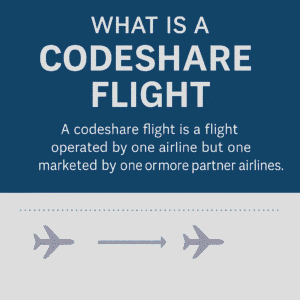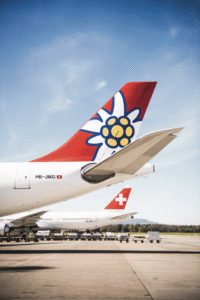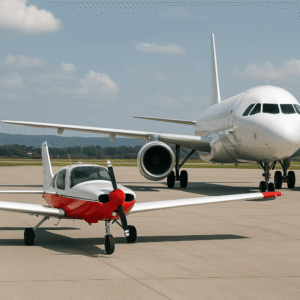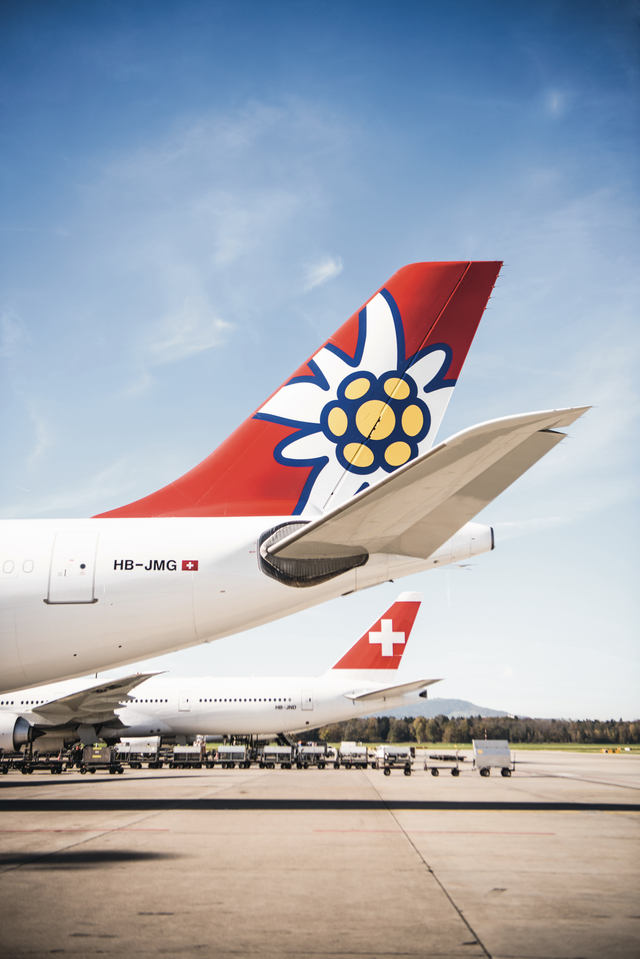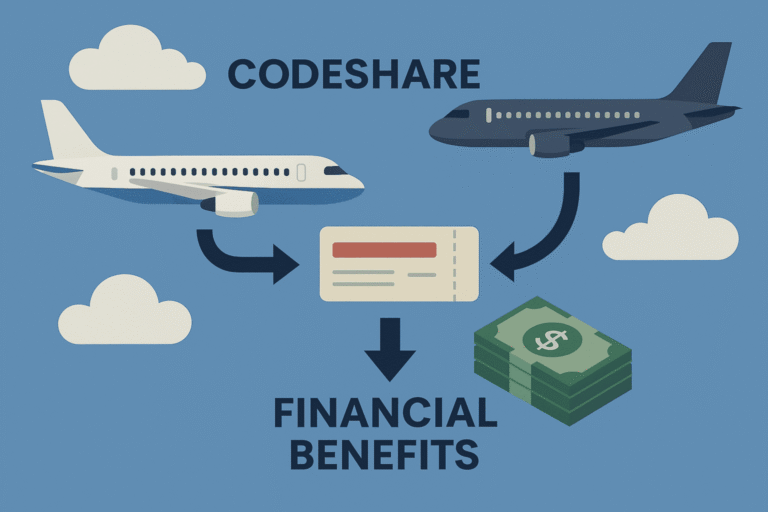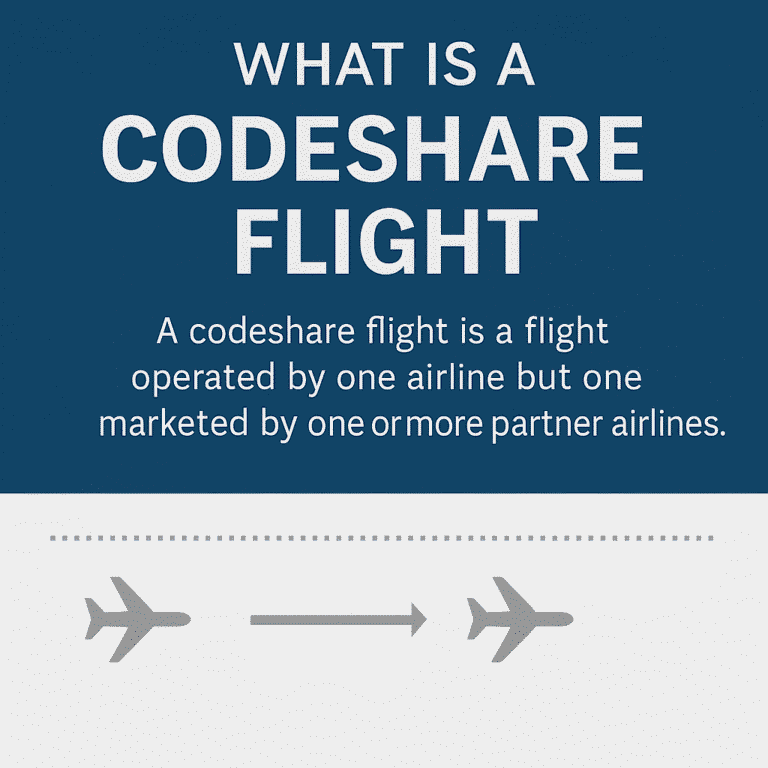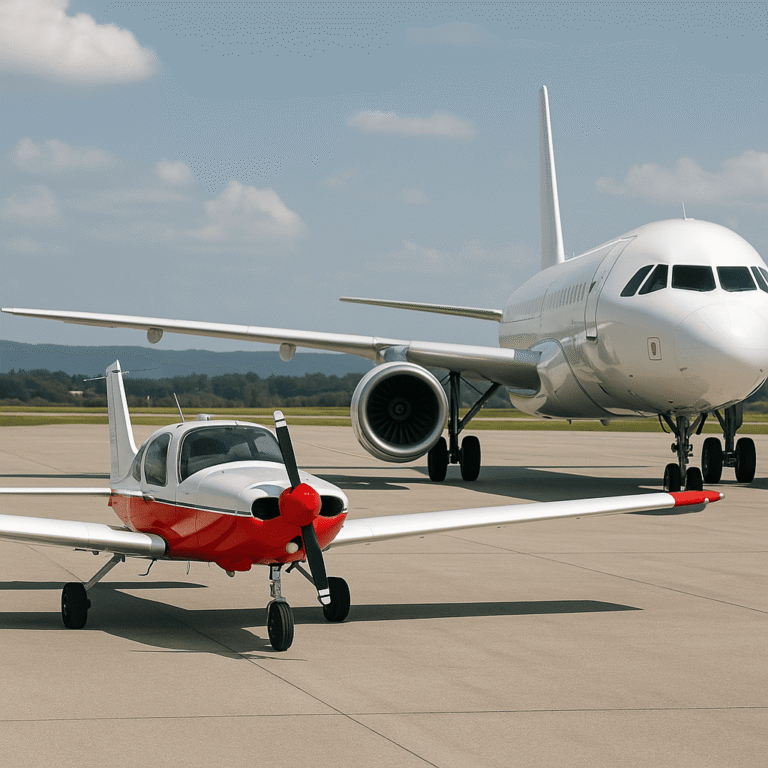Highlights
- Five additional Airbus A320neo to join the fleet in 2027 and 2028
- Three aircraft will replace 26-year-old A320s (HB-IHX, HB-IHY, HB-IHZ)
- Two aircraft dedicated to growth, bringing the short-haul fleet to 18 units
- Part of a continuous modernization program announced this summer
- Latest Pratt & Whitney engines and sharklets for improved efficiency
- Extended range, quieter operations and better performance on challenging runways
- More passenger comfort and storage space in the cabin
- Strengthens Zurich hub and Edelweiss’ long-term sustainability strategy
Overview
Edelweiss, Switzerland’s leading leisure airline, is reinforcing its modernization strategy with the acquisition of five Airbus A320neo aircraft. Scheduled to enter service between 2027 and 2028, the aircraft come from Austrian Airlines, another Lufthansa Group carrier. The move will both rejuvenate Edelweiss’ short-haul fleet and expand its overall capacity, pushing the airline closer to its goal of combining efficiency, comfort, and sustainable growth.
Content
Out of the five new aircraft, three will directly replace Edelweiss’ oldest Airbus A320s, which have been flying reliably for 26 years. The remaining two are earmarked for expansion, meaning the carrier’s short-haul fleet will increase to a total of 18 units by 2028.
The A320neo family represents a significant leap forward in operational efficiency. Thanks to state-of-the-art Pratt & Whitney engines and aerodynamic sharklets, the aircraft consume less fuel, produce lower noise levels, and can handle airports with shorter runways or hot weather conditions more reliably. These features not only improve environmental performance but also offer more flexibility for Edelweiss’ growing leisure network.
Passengers can expect an upgraded onboard experience as well, with modern cabin interiors and additional storage space, ensuring that the aircraft’s technological advantages are matched by enhanced comfort.
This development follows Edelweiss’ recent announcement of fleet expansion with one Airbus A320 and one A320neo, signaling a steady and consistent push towards fleet renewal.
Analytical Insight
For Edelweiss, the addition of five A320neo is more than a fleet update: it’s a statement about positioning within the Lufthansa Group. By inheriting aircraft from Austrian Airlines, Edelweiss leverages group synergies while strengthening Zurich as a leisure hub.
From a market perspective, the growth to 18 short-haul aircraft allows Edelweiss to secure more seasonal routes to Mediterranean and North African holiday destinations, where competition from low-cost carriers like easyJet and Ryanair remains intense. The efficiency and flexibility of the A320neo could also open the door to longer thin routes—destinations previously out of reach with older A320s.
Environmentally, the A320neo supports Edelweiss’ sustainability narrative, aligning the airline with broader industry commitments to reduce emissions and noise. This is increasingly relevant as European regulators tighten environmental standards and as passengers become more climate-conscious in their travel choices.
Conclusion
The addition of five A320neo aircraft underlines Edelweiss’ commitment to long-term, sustainable growth. By investing in younger, more efficient aircraft, the airline is strengthening its Zurich hub, improving operational flexibility, and enhancing competitiveness in the leisure market. For passengers, the move promises quieter, greener, and more comfortable journeys to some of the world’s most sought-after holiday destinations.


